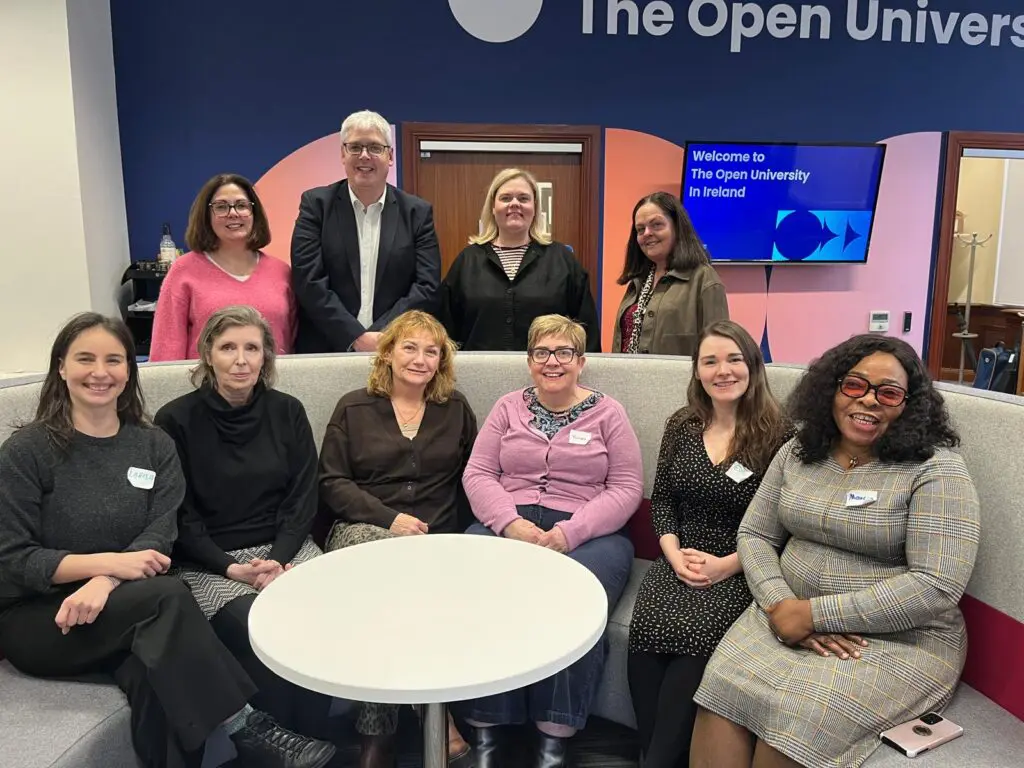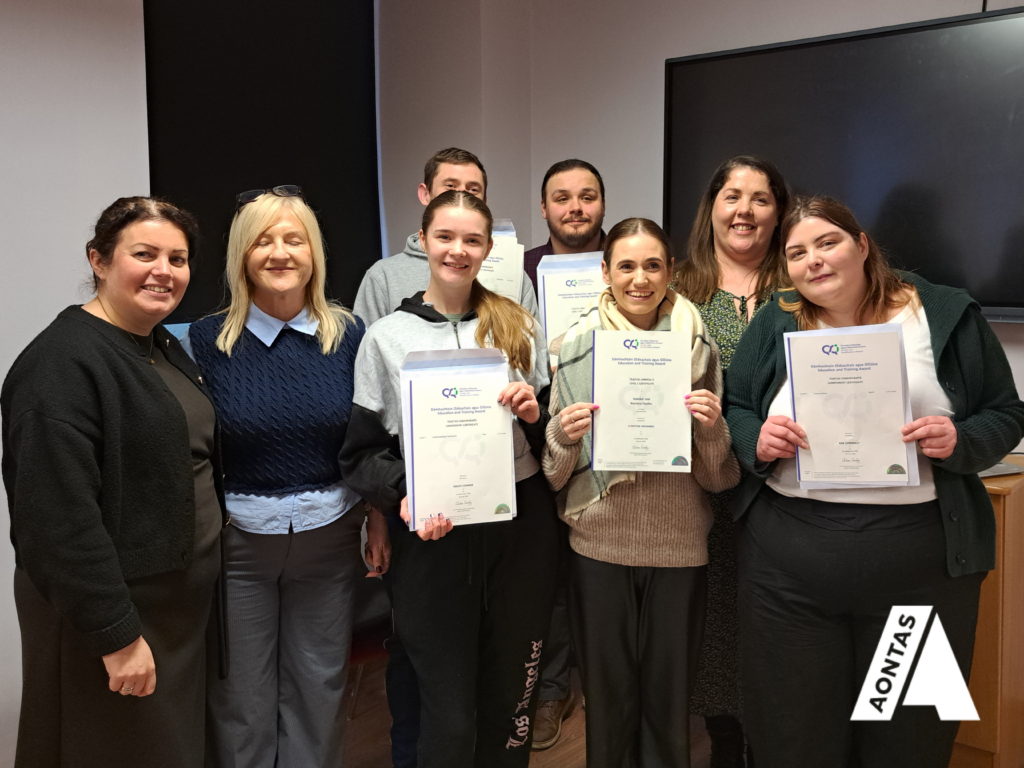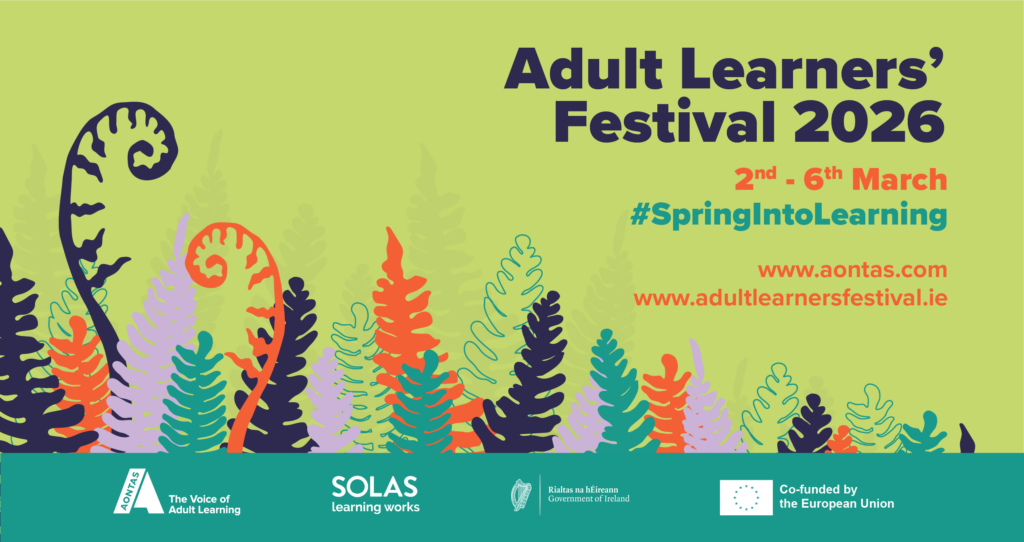Digital Divides in an Ageing Europe
Europe’s population is aging. As our communities and workforces age, educators and employers must adapt to the challenges and opportunities this pattern presents. No more so is this true than in the Province of Trento in the far north of Italy, where myself, Ken and Elizabeth took part in training recently.
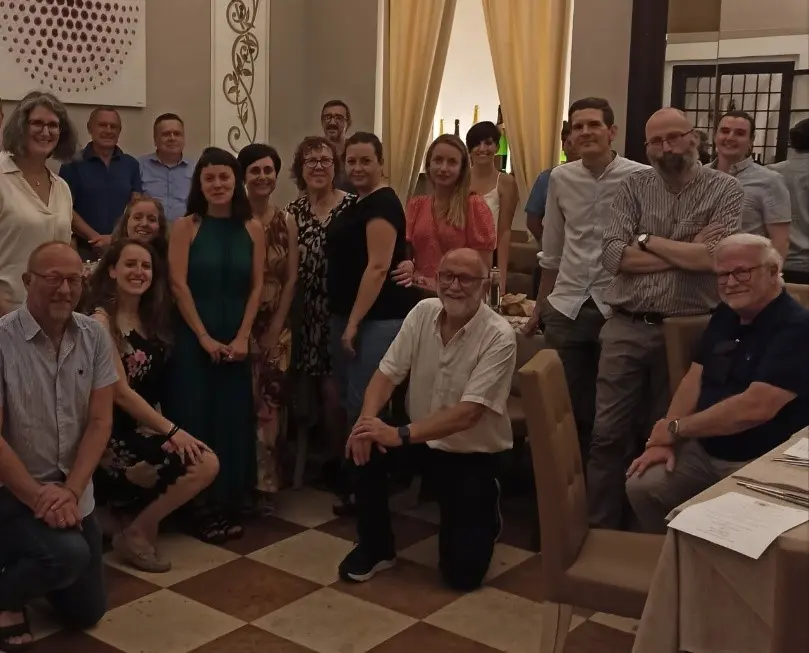 Trento has one of the oldest populations in Europe. 36 years ago, the average age of members of the public service was 26. Today, it is 52. As we travelled north by train from Verona, we saw the mountainous region’s deep valleys and steep cliffs. The Province’s topography is a challenge, with some villages and towns connected by cable car, while others on cliffs or in valleys have been isolated without connection (physically and digitally) to main population centres.
Trento has one of the oldest populations in Europe. 36 years ago, the average age of members of the public service was 26. Today, it is 52. As we travelled north by train from Verona, we saw the mountainous region’s deep valleys and steep cliffs. The Province’s topography is a challenge, with some villages and towns connected by cable car, while others on cliffs or in valleys have been isolated without connection (physically and digitally) to main population centres.
It is unsurprising then that this project originated here. The TO SWITCH project aims to develop a training programme and methodology for providing digital skills training for older adults – or what can be considered “later-life learners.”
The project is a proactive response to the challenges posed by an aging population, at risk of isolation due to the increased digitisation of our lives. Just as previous generations in Trento were isolated geographically, older people are at risk of being isolated digitally.
Adult education tutors, Ken Ryan and Elizabeth Stein, know all about the challenge this poses for older members of our society, both work on programmes specifically for older learners looking to improve their digital skills.
TO SWITCH Training Event
In the city of Trento, Ken and Elizabeth joined other adult education tutors and trainers from Italy, Ireland, Denmark, Switzerland, Spain and Norway. Everyone there was involved in training older adults in the use of new technology.
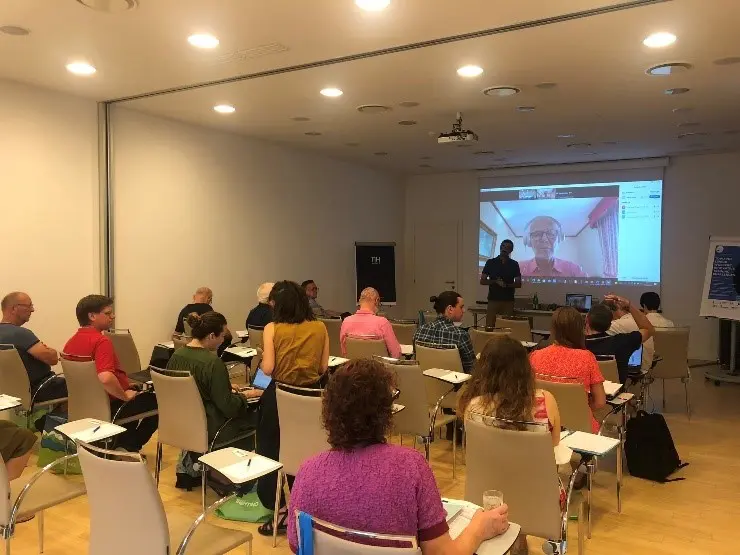
With engaging sessions led by Francesco Marcaletti of the University of Zaragoza, the participants also shared best practices with each other and learned to use the new training methodologies proposed by the TO SWITCH project.
The digitisation of communications and work has created real challenges for our communities and workplaces. The urgency of supporting lifelong learning and training of our older citizens and mature workers is now widely recognised, as is the focus on the mechanisms and motivations for learning and work, which changes with age.
The group identified the key challenges in working with older adults learning digital skills. Tore, a partner from Norway, shared that older adults are often seen as liabilities to a society whereas, in reality, our oldest citizens are a great asset to communities and workforces.
Other participants identified how the digital divide is a particular challenge for groups at risk of marginalisation. It was mentioned that fear and doubt can be a barrier to adults returning to education as well as a need for trainers and tutors to help learners to develop a growth mindset when it comes to learning digital skills.
 What’s next for the TO SWITCH Project?
What’s next for the TO SWITCH Project?
The participants of this training are now planning for a pilot programme with the learners they work with. This pilot will be tailored to their own unique contexts and countries, while also using the TO SWITCH methodology and Training Platform. Once we have gathered feedback from the pilot programmes, we will refine the approach before offering training to more adult educators and trainers.
Just as Trento’s clifftop villages were connected with cable cars decades ago, it is planned that the TO SWITCH Project will provide our older citizens with the tools they need to stay connected at home, in the workplace and in their community.
The TO SWITCH Project Partners are:
AUTORITATEA NATIONALA PENTRU CALIFICARI-ANC
ISTITUTO PER LA RICERCA SOCIALE SCARL
CONFERENZA DELLA SVIZZERA ITALIANA PER LA FORMAZIONE CONTINUA CFC
For more information on the project check out the TO SWITCH website. To keep up to date with how the project is progressing you can follow our TO SWITCH Twitter Page or the Project LinkedIn Page. If you want some more detail on the theories and best practice examples informing our work, you can read the Intellectual Output 1 Report from the earlier phase of the project.
If you would like any more information or want to discuss the project in more detail, contact Conor Thompson at cthompson@aontas.com
Cable car image credit: Da domani chiusa la funivia di Sardagna – La voce del Trentino
Valley image credit: Trentino: The undiscovered Italian region that’s a must for foodies and skiers | Euronews

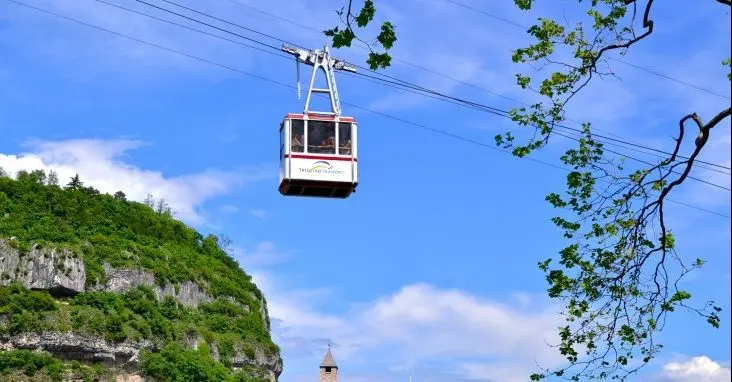 What’s next for the TO SWITCH Project?
What’s next for the TO SWITCH Project?